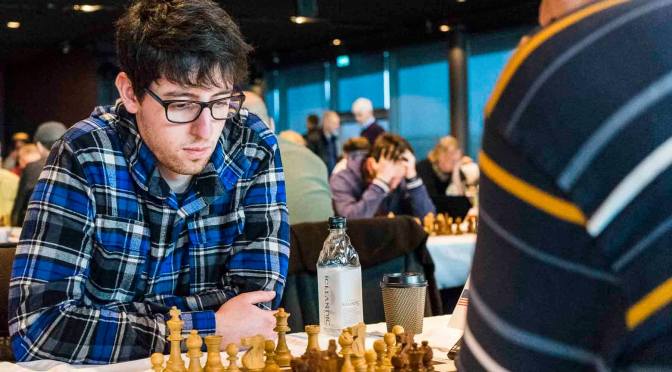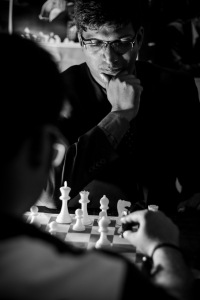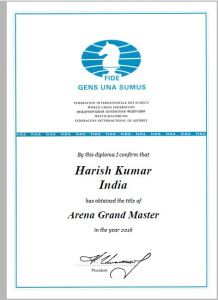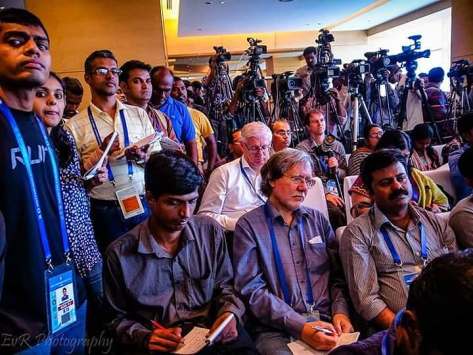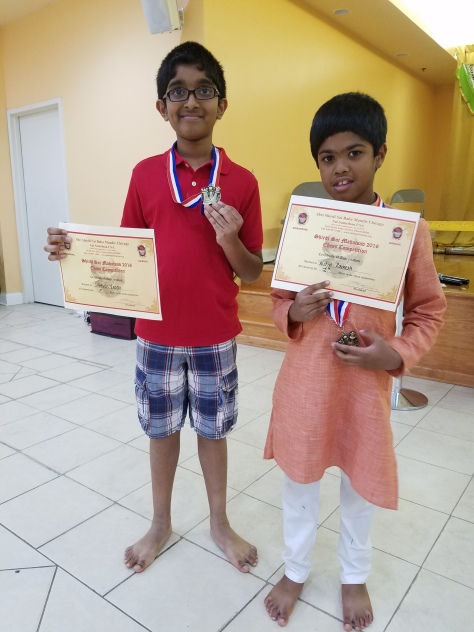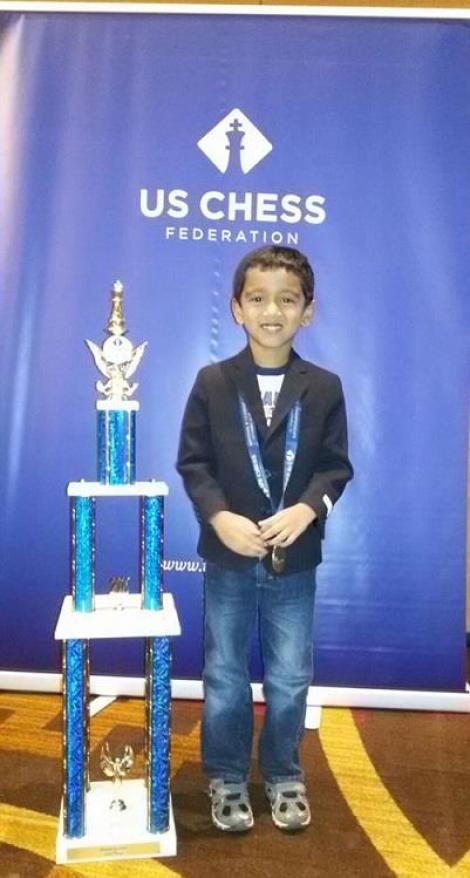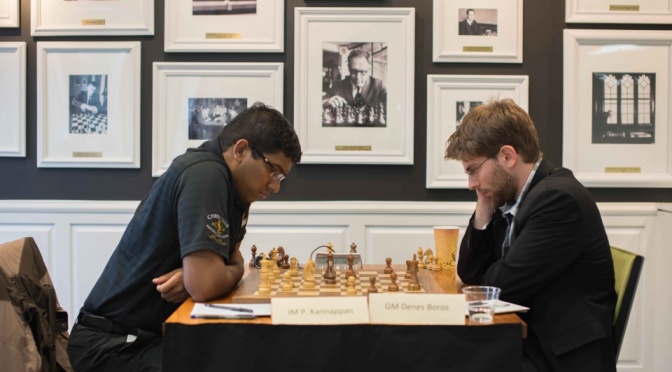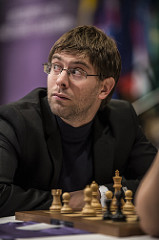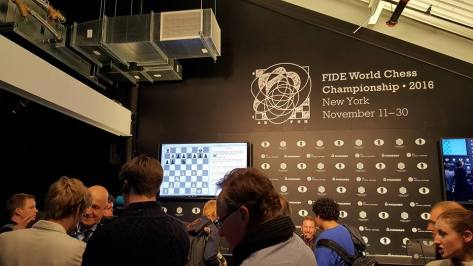
IM Kostya Kavutskiy is a professional chess player, coach, and writer currently residing in Mountain View, CA. He was the 2014 Southern California Champion and in addition to playing frequently he also teaches lessons in private, online, and after school. Kostya played for the San Jose Hackers and recently started streaming through Twitch (loving it so far). He really doesn’t do much other than chess! His first book, Modernized: The Open Sicilian was published in February 2015.
General Questions

When and how did you start playing chess?
I first started playing at the age of four, my grandpa taught me the rules once after school and shortly thereafter my brother and I started attending weekly group classes. When I was five I started playing regularly in scholastic tournaments.
What studying techniques have you used to get to your current level?
When I was working towards master I focused a lot on improving my visualization. I would play lots of blindfold chess with my friends and also try to solve simple puzzles without looking at a board. I really treated my ability to calculate like a muscle—the more I worked on it, the stronger it became, and my play really improved dramatically.
I also learned to ask a lot of questions while studying. Like if I was going over a game, I would look for alternatives to the text and ask “why wasn’t this move made” or “what’s wrong with this move” and then try to figure it out. If I couldn’t, I’d input the position into the computer and see what Rybka thought. Whether or not my move was good, I learned more from really analyzing rather than plainly going through the game.
What is your most fond memory you have of chess? You may state multiple.
It’s quite recent but making my 3rd IM norm was truly special. I had been working on it for so long and had enough misses where I felt like I was cursed. Then to achieve it thanks to incredible luck was really something. A friend of mine also made an IM norm at the same tournament, and it happened to be my 24th birthday, so as you can imagine we celebrated quite heavily. Also my recent performance at the 2017 Reykjavik Open was quite special, which you can read about here: https://new.uschess.org/news/kostyas-magical-reykjavik-open-recap/
But honestly nothing to late-night blitz/bughouse sessions, where a bunch of chess players stay up all night playing nonstop. Those are truly a blast.
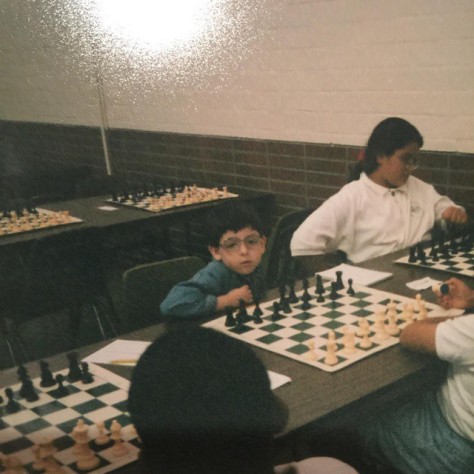
Has chess helped you become the person you are today?
Absolutely. Through chess I’ve been able to experience incredible emotional highs and lows, feelings of deep creative satisfaction as well as existential despair. The game really calls out some rich emotions in all of us! I can’t imagine a serious chess player not being shaped by the game in some way.
Who is your chess idol and why?
From a purely chess sense I am amazed by several players – Keres, Fischer, and Kasparov come to mind as they were really dynamic and brilliant attackers. I’m also hugely impressed by the ingeniously creative play of Ivanchuk, Shirov, and Morozevich, and of course in the modern era: Carlsen, Caruana and Nakamura have done some incredible things over the board.
When thinking about an idol in terms of both chess and personality, to me Peter Svidler is not only a superb player but is also a fantastic commentator, and makes super-GM level chess seem accessible to the average Joe. I’m also very impressed by his fantastic humility—despite his amazing skill he never lets it get to his head and seems to be one of the nicest guys around.
Is there any advice you can give to a person who is interested to begin?
Don’t be afraid of anybody and don’t try to play like anyone else. Come with your own ideas to the board and stick to them. If you lose, modify your strategy but never stop believing in yourself. Next, don’t peg your happiness to your results. Chess progress is erratic—you can work for 6 months straight without seeing any improvement and then all of a sudden everything clicks and you start playing on an entirely different level. But your enjoyment of chess should remain steady regardless of your tournament results.

Would you recommend this game to your family and friends?
I’d recommend they learn just enough so they can appreciate how difficult and infinitely complex the game is, but not more than that. Chess is hard, and stressful, and frustrating! Once you know enough about the game to realize when you’re making mistakes, it becomes very painful to one’s psyche. I wouldn’t wish that on anybody.
Unique Questions
Do you travel to play chess? State your most favorite tournament you’ve been to!
Yes, I started traveling a few years ago for chess but only around the United States. In 2016, I traveled to Gibraltar, France, Reykjavik, Brussels, Calgary, Dublin, and the Isle of Man. They were all quite an adventure! I really enjoyed my time at both Gibraltar & Reykjavik, but honestly each tournament was really a fantastic experience. The Isle of Man International was also great as I got to face Alexei Shirov in Round 1. It was truly an honor. I mentioned him above! In Cappele-la-Grande I got to sit next to Artur Yusupov. Also awesome.

You play for the Lindenwood University Chess Team, can you tell us about that experience?
In 2012 I was living in Los Angeles and not really up to much. I got an offer to join Lindenwood University to play for their chess team starting in 2013. I’m very glad I accepted–I got to live in a new city, be close to the Saint Louis Chess Club, and enjoy a new experience. The team itself was also great, we would train weekly with some great GM coaches, including Yasser Seirawan, Ronen Har-Zvi, Varuzhan Akobian, etc. and overall being on the team was a lot of fun. I only got to go to one Pan-Am, where we didn’t do amazingly but did have a wonderful time.
Can you say being a chess player has helped you do well in University?
I feel like chess develops a specific ability to be able to think quickly, critically, and intuitively all at the same time. This without a doubt has helped me with my studies, especially Accounting, because it’s like all calculation basically and puzzle solving. I aced Accounting.
From what I know, you are also a Chess Instructor. What type of teaching method do you use?

I could be wrong, but I believe the #1 goal of a chess coach nowadays is to motivate their students and show them the way forward. All the resources are out there now…everyone can get Chessbase, Stockfish, all the recent books, all the videos and just learn everything themselves. But it takes a coach to sculpt a plan for each individual, what they have to work on and for how long, etc. A coach should also set reasonable goals and expectations, and explain exactly what it takes to reach the next level, Expert, Master, Grandmaster.
When I do teach, I always talk about the practical aspect of whatever we’re learning. This is why you need to learn this idea, or this motif, look how common it shows up. I’m always trying to ‘teach them to fish’, haha, if I show a nice game, I want to show how they too could have played that game, how they could have found the winning move. It’s also up to the coach to not only make chess fun and interesting, but important too. That’s how to get (in my opinion) hard-working students who get the most out of chess.
Thank you for the interview! 🙂

